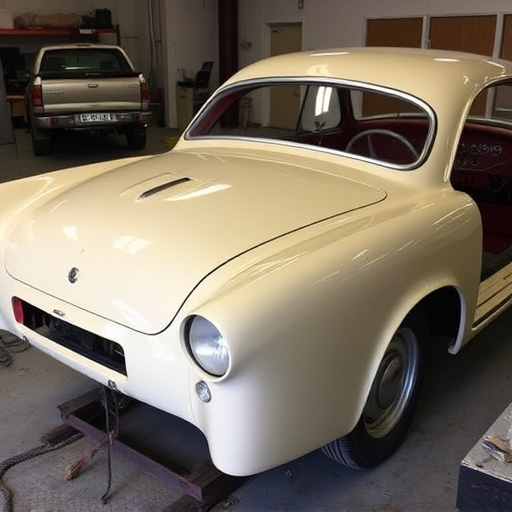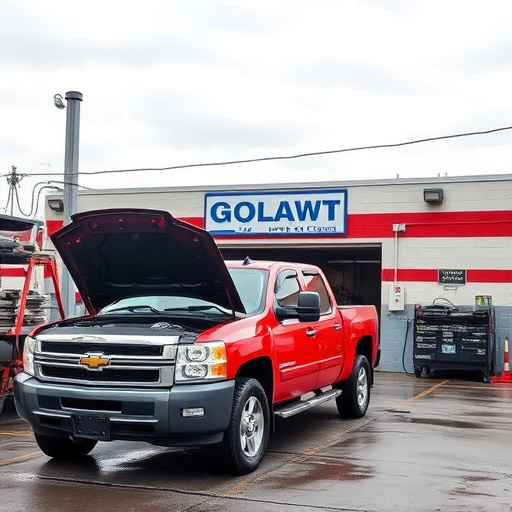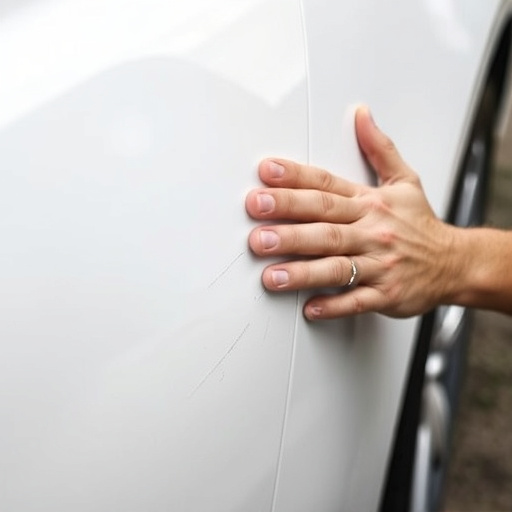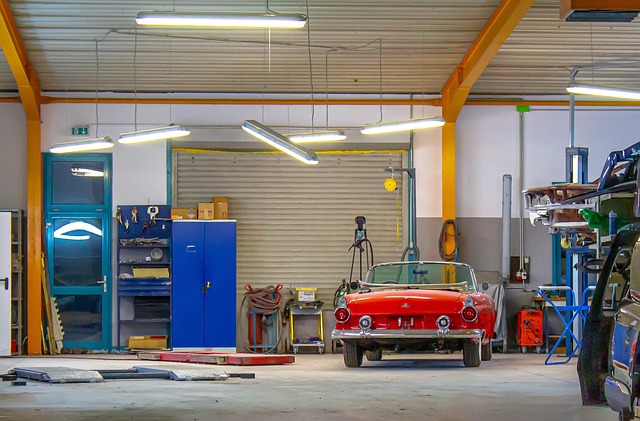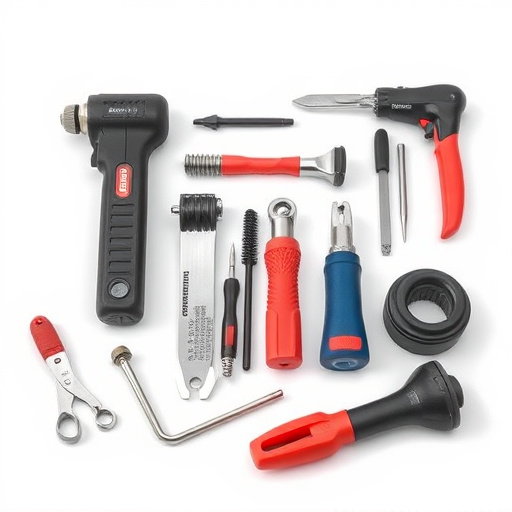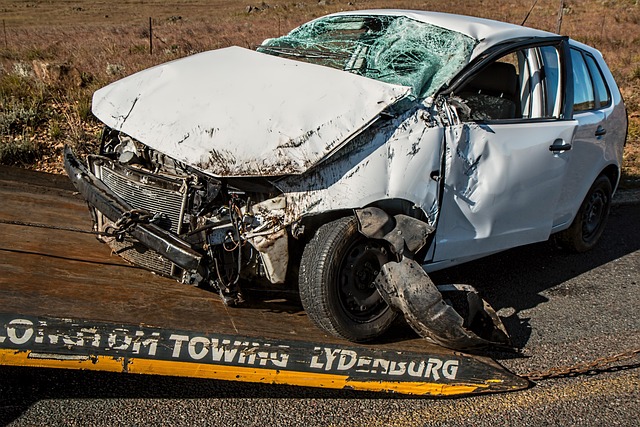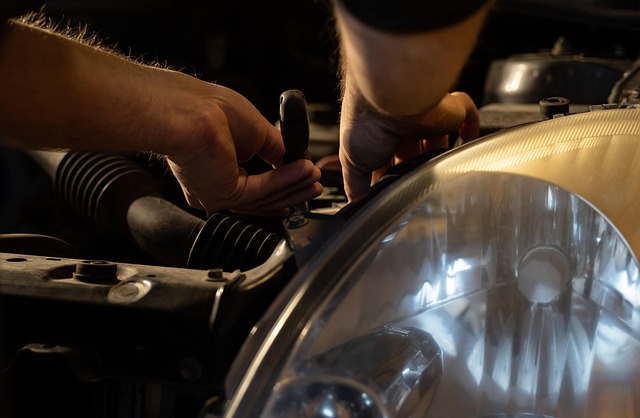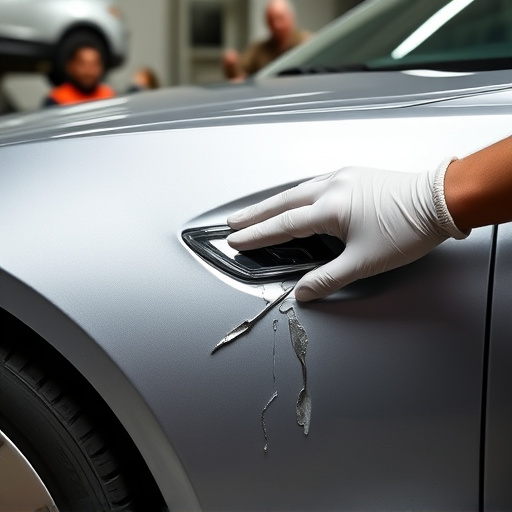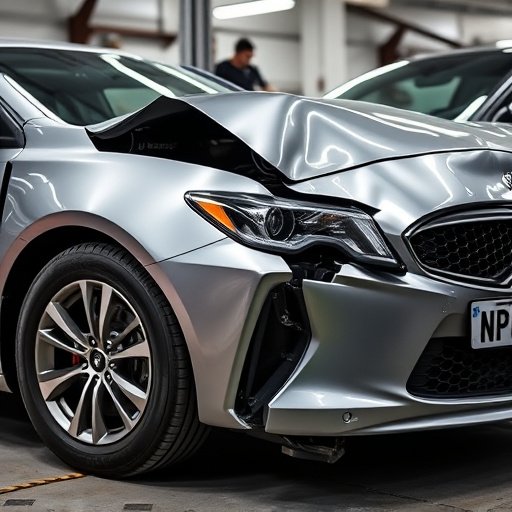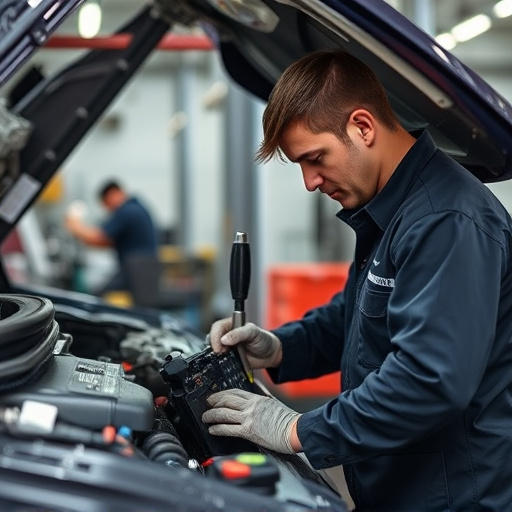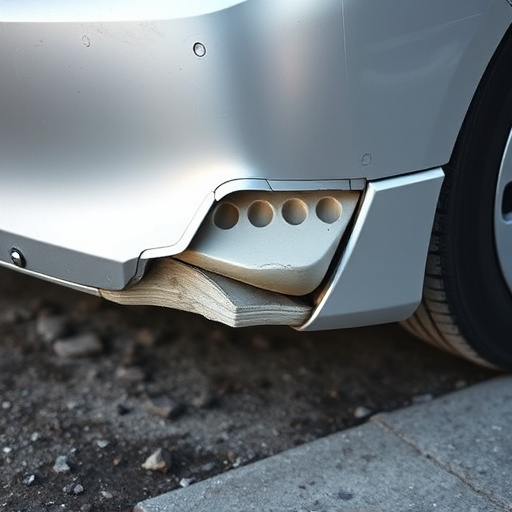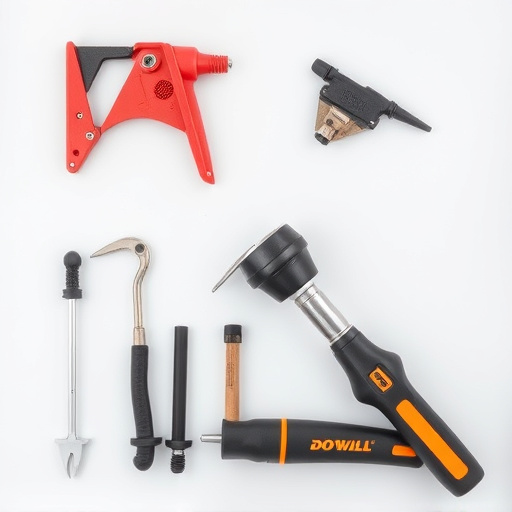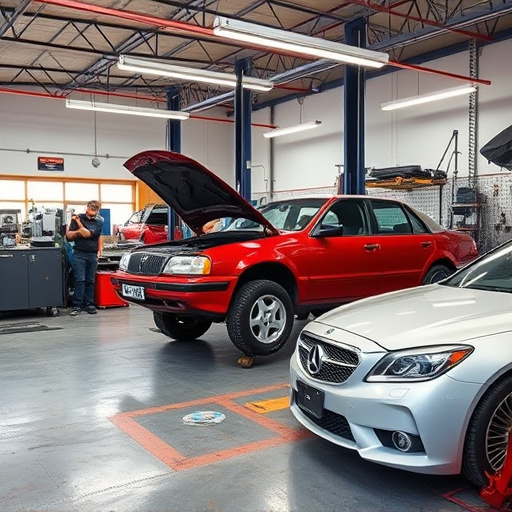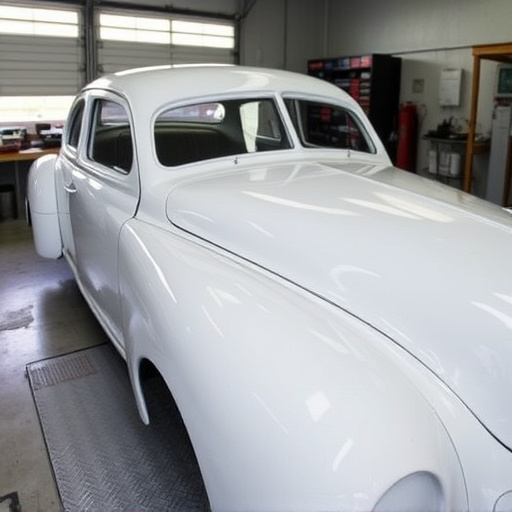Cooling system collision repair is a specialized service vital for vehicle longevity after accidents, as components like radiators, water pumps, and hoses can be damaged or disconnected. Reputable auto repair shops with classic car restoration experience use advanced diagnostic tools to identify and fix issues, ensuring the system functions correctly post-collision. Prompt and professional repair not only restores performance but also prevents future problems, especially in extreme climates, maximizing vehicle lifespan and overall health.
Cooling system collision repair is a critical aspect of vehicle maintenance that often goes overlooked until an accident occurs. When a crash happens, the intricate network of components within your engine’s cooling system can sustain damage, leading to overheating and reduced longevity. This article explores the vital role of proper cooling system collision repair in preserving the lifespan of your vehicle. From understanding the basics to best practices for post-collision management, we’ll uncover why this service is a game-changer for long-term automotive health.
- Understanding Cooling System Collision Repair
- The Impact on Vehicle Longevity
- Best Practices for Effective Coolant Management After Collisions
Understanding Cooling System Collision Repair
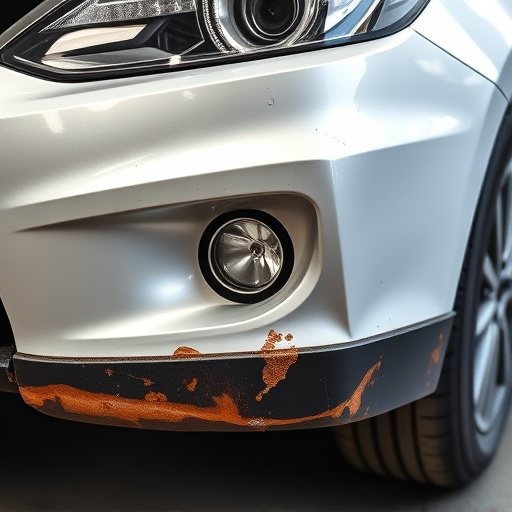
Cooling system collision repair is a specialized service that plays a vital role in vehicle longevity. When a vehicle suffers damage, especially during a collision, the cooling system can be significantly affected. This intricate network of components is responsible for regulating engine temperature, ensuring optimal performance and preventing overheating. During a crash, parts like radiators, water pumps, and hoses may sustain damage or become disconnected, leading to reduced efficiency or complete failure if left unaddressed.
Understanding cooling system collision repair involves recognizing that it’s not just about fixing visible dents or replacing broken parts. It requires meticulous attention to detail and precise adjustments to ensure the system functions correctly after a collision. Auto maintenance experts use advanced diagnostic tools to identify issues, whether it’s a leak in the system or misalignment of components. A reputable auto repair shop with experience in classic car restoration will have the necessary skills and knowledge to restore the cooling system to its pre-collision condition, ensuring the vehicle not only runs smoothly but also has a longer lifespan.
The Impact on Vehicle Longevity
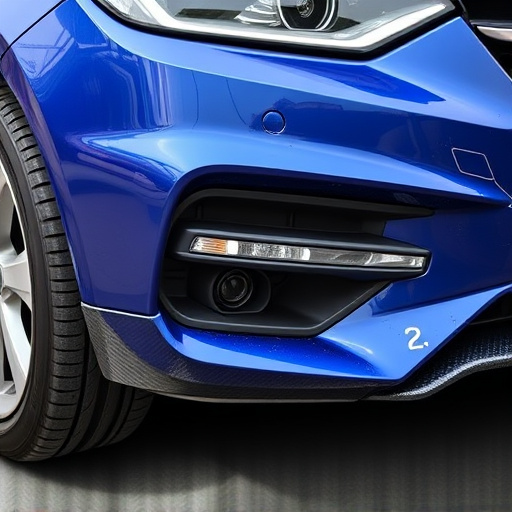
Cooling system collision repair plays a pivotal role in ensuring vehicle longevity. When a vehicle is involved in an accident, even minor damage can disrupt the intricate balance of its cooling system. Neglecting this crucial component can lead to severe consequences, including engine overheating, reduced fuel efficiency, and even complete engine failure over time. Prompt and professional cooling system collision repair not only restores the vehicle’s performance but also safeguards its long-term reliability.
By addressing cooling system issues early on, a collision repair shop can prevent more serious problems from developing. This proactive approach not only extends the lifespan of the vehicle but also provides peace of mind for owners. A well-maintained cooling system is essential, especially in regions with extreme temperatures, ensuring the vehicle remains a dependable mode of transportation for years to come. Unlike superficial repairs like scratch repair, which might enhance aesthetics, effective cooling system collision repair tackles underlying issues that directly impact overall vehicle health and performance, ultimately contributing to its longevity.
Best Practices for Effective Coolant Management After Collisions
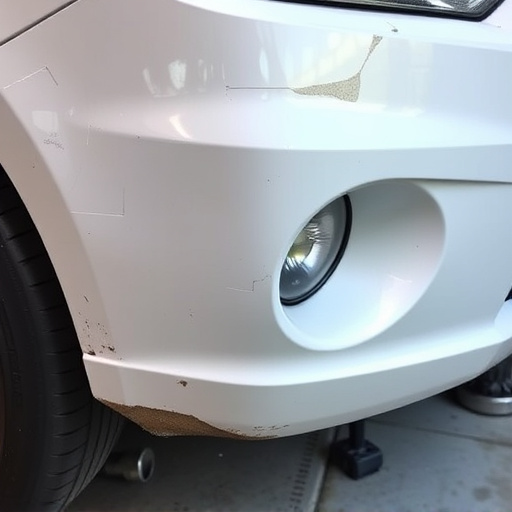
After a car collision repair, effective coolant management is crucial for supporting vehicle longevity. The first step involves thorough inspection and cleaning of the cooling system to remove any debris or contaminants introduced during the accident. This meticulous process ensures that the coolant remains free from impurities, maximizing its efficiency in absorbing heat from the engine.
Best practices also encompass using the recommended type and concentration of coolant, adhering to manufacturer guidelines. Regular monitoring of coolant levels is another vital practice, as leaks or evaporation can lead to overheating, causing significant damage. Early detection and repair of any cooling system issues are key, as they can prevent more serious problems that could shorten a vehicle’s lifespan. Additionally, keeping up with scheduled maintenance, including flushes and checks, is essential for maintaining the health of the car’s bodywork and overall performance.
Cooling system collision repair is a vital aspect of vehicle longevity, ensuring that even after accidents, cars can maintain optimal performance. By understanding the impact of collisions on these systems and implementing effective management practices, owners can extend the lifespan of their vehicles. This holistic approach to repair not only restores functionality but also safeguards against future breakdowns, making it an essential strategy for proactive car care.
